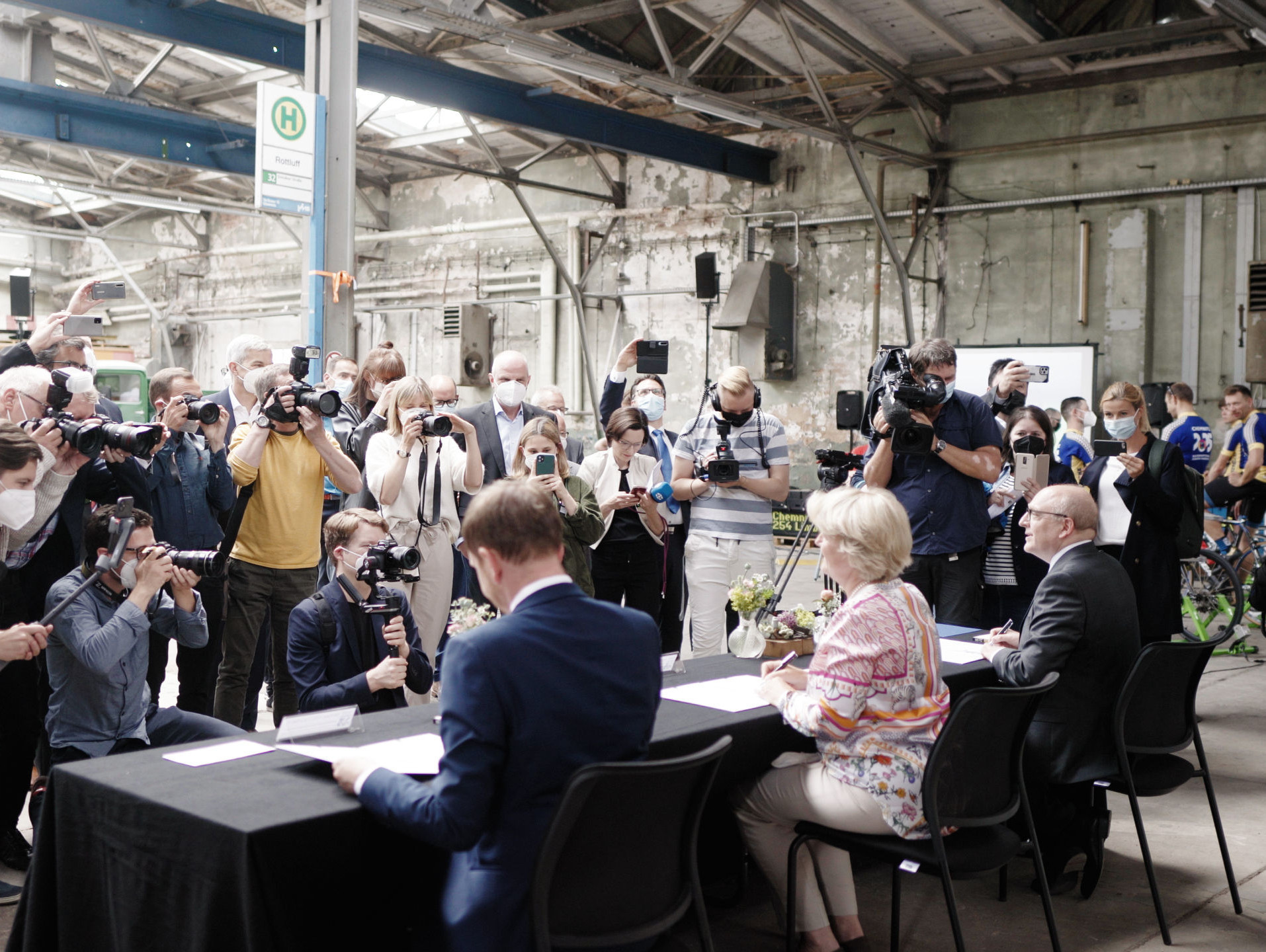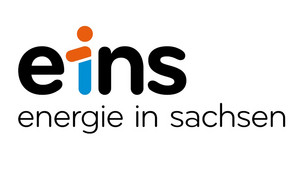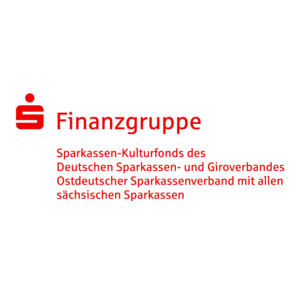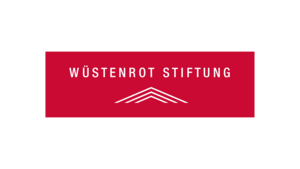Minister of State for Culture Monika Grütters, Minister President Michael Kretschmer and Lord Mayor Sven Schulze today signed the agreement on the joint financing of the European Capital of Culture Chemnitz 2025. This means that a total of around 66 million euros will be provided by the federal, state and city governments, which will make up part of the total budget of 91 million euros.
The federal government is contributing up to 25 million euros, the Free State of Saxony is providing up to 20 million euros and the City of Chemnitz is contributing at least 21.28 million euros. It has also been agreed that at least 30 per cent of the funds provided by the Free State are to be used for investment measures.
This agreement serves the realisation of the "European Capital of Culture Chemnitz 2025" programme by the city, including the associated investment measures, marketing and tourism activities, the development of sustainable structures for the city of Chemnitz and the region as well as the effective use of the financial resources to be provided. The individual measures are based on the Bid Book II of the City of Chemnitz dated 23 September 2020.
The money will be used to implement the artistic programme, such as the Apple Tree Parade or Peace Ride. Places of experience and discovery with a high quality of recreation and leisure are to be created around the "Stadt am Fluss" project. Derelict industrial halls, commercial yards and vacant residential buildings are to be converted into creative courtyards and studios to create attractive locations for start-ups, the creative industries and Industry 4.0. The former tram depot, which currently houses the Chemnitz Tram Museum, will be converted into a development area - also known as an intervention area - to create a "garage campus", where the future of mobility will be showcased.
Minister of State for Culture Monika Grütters: "Chemnitz is a worthy successor to previous German Capitals of Culture and credibly stands for what Europe is all about: cohesion in diversity. By being named Capital of Culture, Chemnitz will have the opportunity to shine an even stronger spotlight on its cultural diversity and build bridges within the city's society as well as with people from other regions and countries. Chemnitz and its citizens deserve their city to be perceived as colourful and cosmopolitan. That is why the federal government is very happy to support the city and the Free State of Saxony in implementing this impressive cultural programme."
Minister President Michael Kretschmer: "Now things can really get going. Chemnitz is becoming the stage of Europe. With the financing agreement signed by three parties today, we are creating the conditions for realising the diverse cultural and urban development projects listed in Bid Book II over the coming years. With its funding, the Free State of Saxony is committing itself to this fascinating, modern and diverse city and the people who live here. It is an incredible opportunity for Chemnitz, Saxony and Germany to network even more strongly in Europe and the world and to become even more visible. I am looking forward to it."
Lord Mayor Sven Schulze: "With this financing agreement, a large part of the overall budget has now been secured. This creates the basis for realising Bid Book II. Many thanks to the federal and state governments. We will show ourselves and our guests what Chemnitz has to offer and what makes the city so special. Chemnitz will be a strong and fascinating host for Europe. The spotlight will also be on the cities and municipalities around Chemnitz. After all, the Capital of Culture application is a prime example of cooperation between the city and the region. We have achieved this together. We can be proud of that."










































